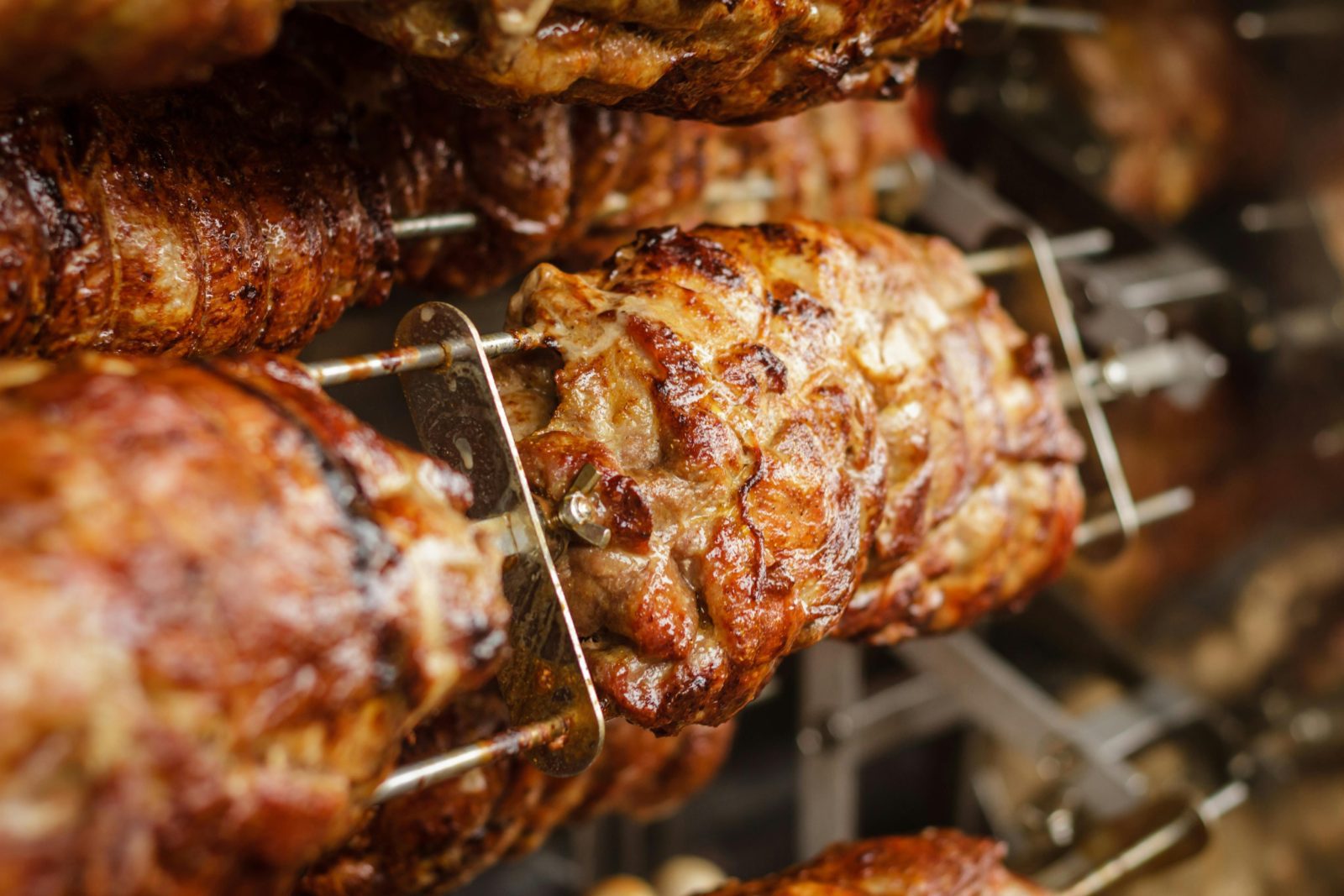Food consumption in the Czech Republic has taken a notable downturn, with the average person consuming 788 kilograms of food annually – a decrease of 12 kilograms from the previous year. This shift marks a significant change in Czech eating habits, particularly affecting dairy, meat, and produce consumption.
The dairy sector has seen substantial changes, with milk consumption dropping to 56.2 liters per person, cheese intake decreasing by half a kilogram to 13.3 kilograms annually, and butter consumption falling to 4.9 kilograms per person – down from 6 kilograms in 2020.
Meat consumption patterns have also evolved, with pork consumption decreasing by 2.2 kilograms to 41.8 kilograms per person. However, poultry and beef have gained popularity, with poultry consumption rising by 1.1 kilograms to 29.2 kilograms annually, and beef consumption increasing slightly to 9.2 kilograms.
The Czech Statistical Office reports that this marks the second consecutive year of declining food consumption, reversing a growth trend seen between 2012 and 2021, when consumption peaked at 825 kilograms per person. According to Renata Vodičková from the Statistical Office, this reduction might be partially attributed to decreased food waste, as rising food prices have encouraged more mindful purchasing habits, particularly regarding fruits and vegetables.
Perhaps most notably, salt consumption has seen a dramatic decrease, falling from over 6 kilograms per person before 2011 to just 4.1 kilograms last year, indicating a growing health consciousness among Czech consumers.







